Hindu case breaks ground in NSW hate-speech law review
A 23-year-old western Sydney man has unwittingly become the litmus test for NSW’s ‘inoperable’ hate-speech laws with a state judge saying the eyes would be on the matter given its breaking of judicial ground.
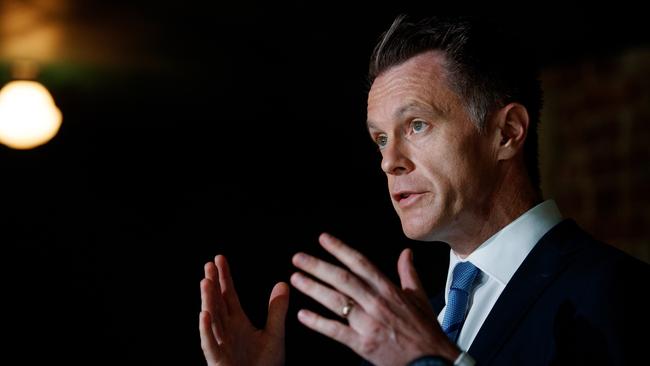
A 24-year-old western Sydney man has unwittingly become the litmus test for NSW’s “inoperable” hate-speech laws, with a judge saying that eyes would be watching the matter given its breaking of judicial ground.
Avon Kanwal, who is of the Hindu community and Indian descent, is attempting to overturn a 2023 conviction of publicly threatening violence on the grounds of race for his alleged involvement in a Hindu-on-Sikh violent 2020 brawl in western Sydney.
“This will involve the first determination under this section (93z),” judge Jane Culver told Sydney’s Downing Centre District Court on Thursday.
Mr Kanwal’s appeal comes amid a rise in hate speech across NSW since the onset of the Israel-Hamas war, an apparent inability by police to lay charges on Sydney clerics giving anti-Semitic sermons, and the provision that he’s charged under – section 93z – being currently subject to a Law Reform Commission review given “inoperability” concerns.
The matter could have broader implications given criticism of the state’s 93z provisions, which are narrow in scope, and there has been no successful prosecution under the act since its 2018 amendment to include race and religion.
Judge Culver said she had to ensure she was “deliberately” examining the two solicitors, and their arguments, to “flesh out the provision’s ambit”.
“There’s been no judicial determination in this … (I’ve) put you through the hoops to assist this section’s ambit,” she said.
“I’m really trying to finely draw attention to the different aspects of the provision and the definitions.”

The Australian revealed how, since October 7, police were unable to pursue a raft of anti-Semitic sermons by southwest Sydney clerics – including reciting parables about killing Jews and praying for their death – saying that each had not breached criminal legislation.
If Mr Kanwal’s appeal is successful it could amplify calls to strengthen or broaden 93z. If the court convicts him, questions could be asked why police were unable to do anything about anti-Semitic sermons, and whether the legislation is missing “incitement of hatred” in its drafting.
The defence argued that the brawl – instigated by a feud that played out on TikTok between Mr Kanwal and the co-accused – was of a “personal nature” that had nothing to do with race.
The prosecution, however, alleged that Mr Kanwal was reckless in his incitement to violence, which they said was based on his opposition to the Khalistan movement in India, spearheaded by a section of Sikhs for an independent homeland, which they say is ethno-religious and falls under the confines of 93z.
Mr Kanwal’s co-accused, Baljinder Thukral, appealed the same conviction in February, which was upheld by consent given “procedural issues”.
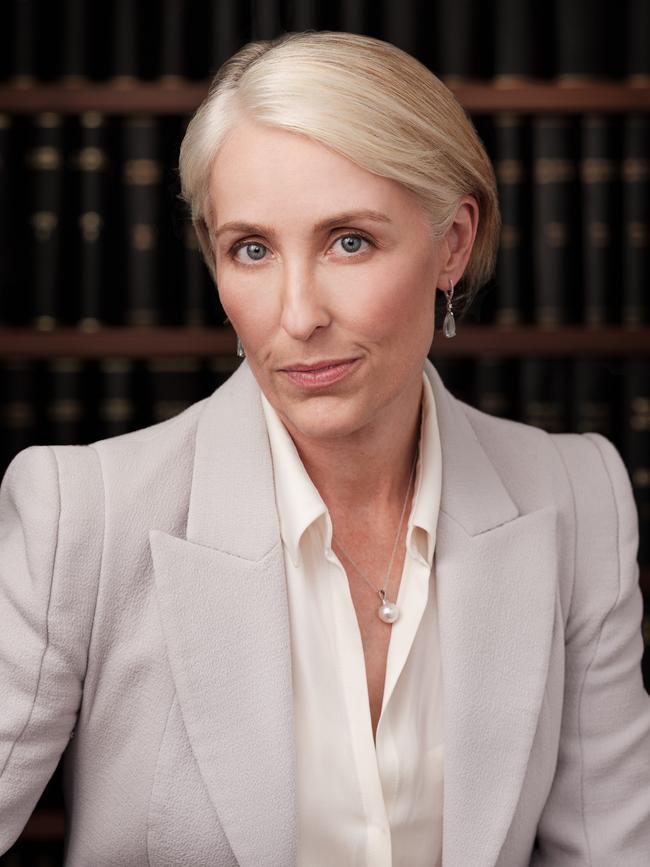
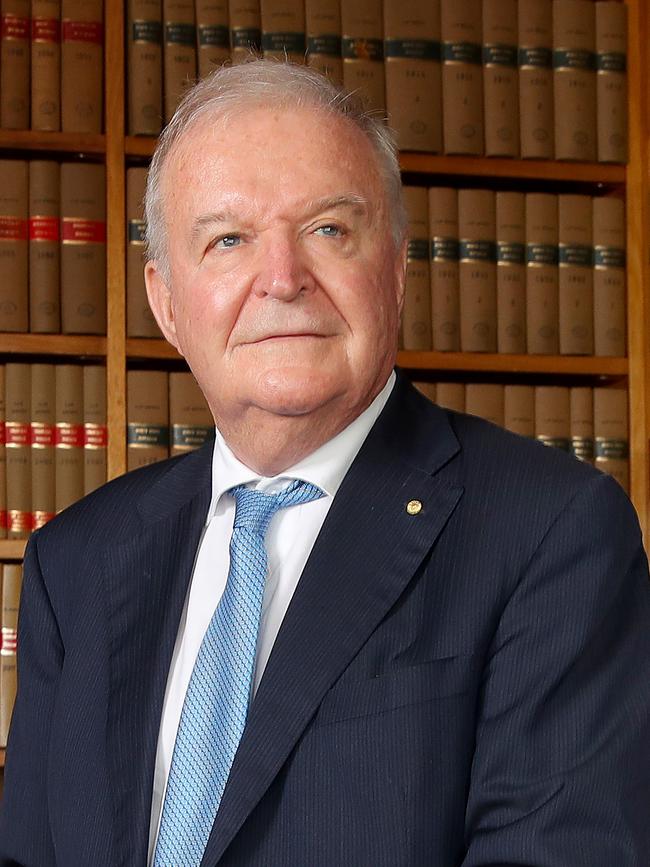
During their sentencing in the local court, magistrate Margaret Quinn found that, with a Khalistan expert giving evidence, Mr Kanwal’s alleged incitement that led to the brawl was on the grounds of race and that Khalistan itself would also meet its definition.
Defence solicitor Avinash Singh argued that Ms Quinn’s “broad” definition of race was “wrong”, and her application of it to his client’s case.
“On the grounds of race, this element (Mr Kanwal’s alleged violent threats) can’t be proved,” he said, arguing that defining Khalistan as a race-based movement was a “legal and factual error”.
“Our submission is that the specific definition of race in the act (is what) the magistrate should have relied on.”
The definition of race enclosed in 93z includes “ethno-religion” and “ethnicity” – the defence argues Khalistan falls within neither of these, but the prosecution contests that.
In the TikTok videos, Mr Kanwal said that he had “no issue” with Sikhism or Khalistan.
Prosecutor Caroline Ervin, however, noted that he ended each with “hail Hariana”, a state in northern India.
“It wasn’t accepted by the expert that Khalistan was just a political movement,” she said, noting Mr Kanwal allegedly encouraged the co-accused to bring followers, and set a time and place for what turned into the brawl.
“There is a religious divide as part of Khalistan … each video is spewing derision for Khalistan.”
The matter will resume in June. Mr Kanwal is charged with publicly threatening violence on race-grounds, but also inciting the commission of a crime.


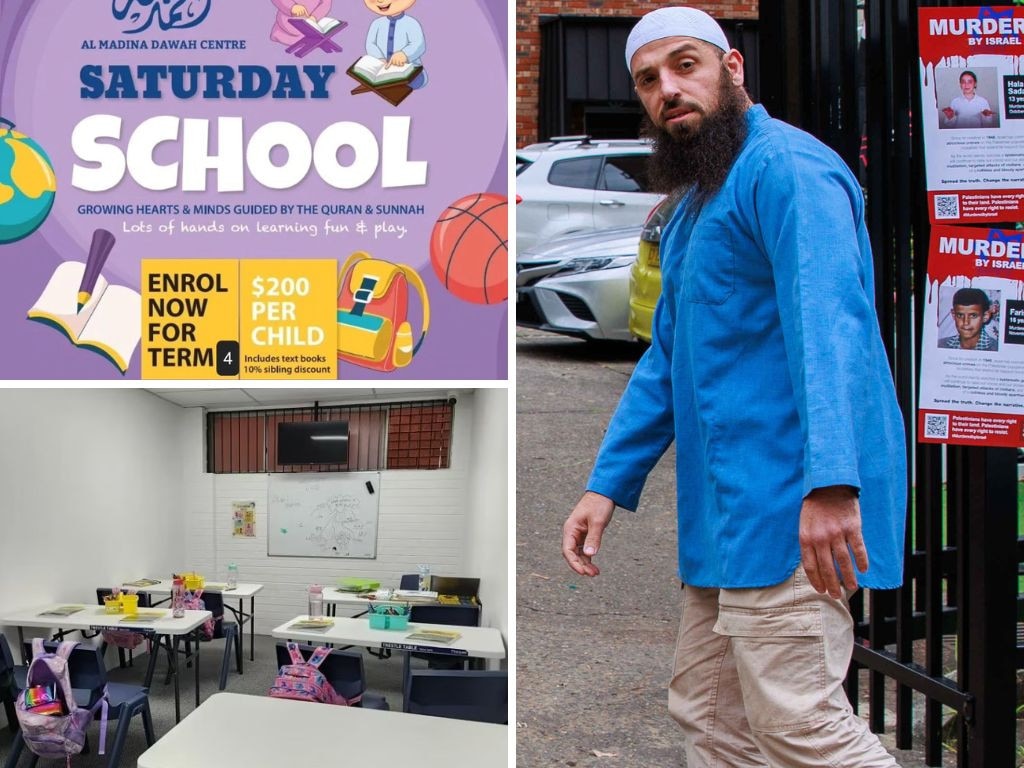

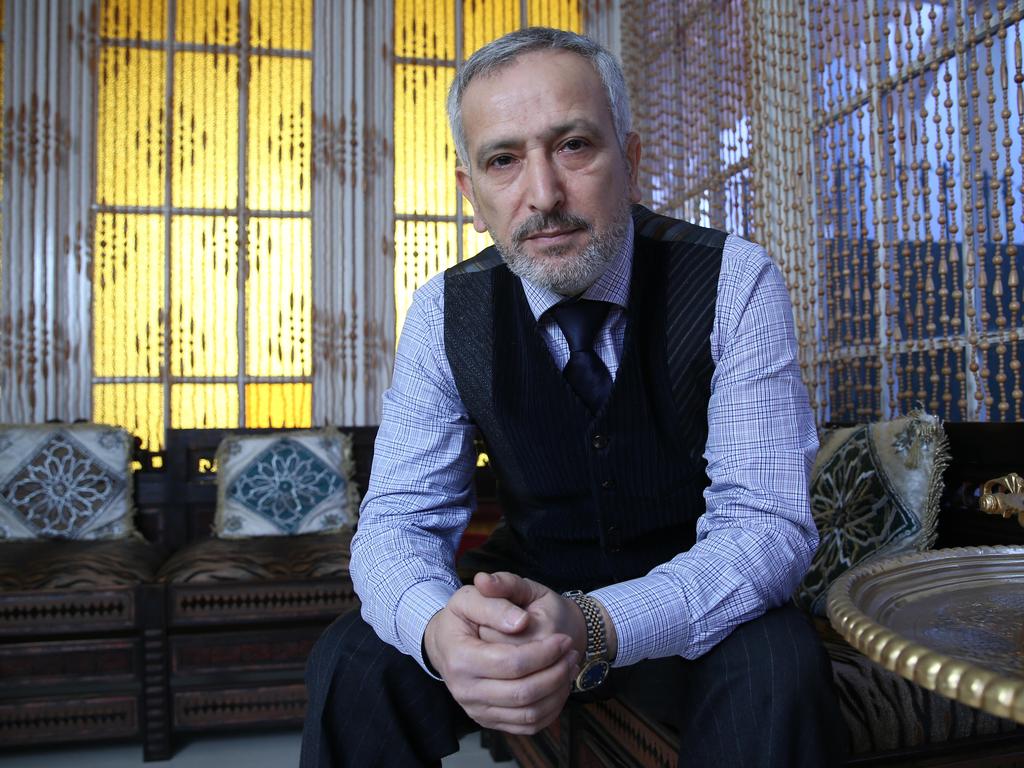


To join the conversation, please log in. Don't have an account? Register
Join the conversation, you are commenting as Logout